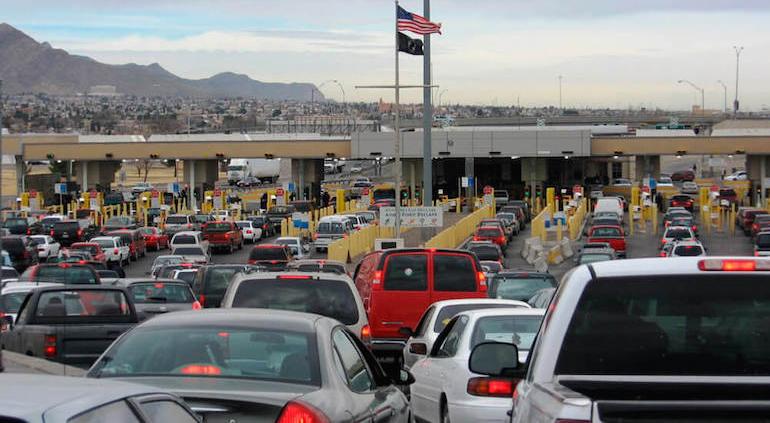Legislators analyze impact of closure of Cordova-Americas Bridge on northern border

The Paso del Norte Binational Foreign Trade Meeting was held in the Senate of the Republic, where legislators, representatives of the customs sector, and officials from the three levels of government discussed challenges and opportunities at Mexico’s border crossings.
The meeting focused on the announced closure of the Cordova-Americas International Bridge on the Juárez-El Paso border, scheduled for mid-2027, through which nearly 25% of the industry’s exports currently pass. The possible effects on manufacturing companies, transporters, customs agents, and families that depend on cross-border trade were discussed.
Lawmakers proposed the creation of a binational technical group composed of representatives from Mexico and the United States, as well as customs, transportation, and security agencies. This group would be tasked with evaluating alternatives for the reopening or functional reconfiguration of international bridges, designing action plans, and presenting recommendations to the competent authorities.
Several participants highlighted the importance of customs modernization, the digitization of procedures, and regulatory harmonization with the USMCA to streamline the inspection and transit of goods at the northern border. They also pointed out that public-private coordination and investment in infrastructure will be key to mitigating the impact of the closure.
Representatives from the private sector and industry chambers warned of the risks to the region’s competitiveness. Among them, it was noted that Ciudad Juárez accounts for about 83% of Chihuahua’s manufactured exports, and that the closure could cause congestion at other crossings and affect the operations of local businesses and jobs.
Mexican and U.S. authorities agreed that border crossings should function as spaces for strategic cooperation. Officials from the Ministry of Foreign Affairs and the New Mexico government reiterated their willingness to seek alternatives that minimize the impact and maintain the region’s competitiveness.
The dialogue included the participation of transportation sectors, customs agents, and municipal authorities, who emphasized the need to modernize infrastructure and coordinate actions on both sides of the border to ensure the efficiency of cross-border trade.
Finally, it was stressed that any adjustment in the operation of the crossings has repercussions throughout the region, and that coordination between federal, state, and local authorities will be essential to redirect traffic and strengthen alternative crossings.



